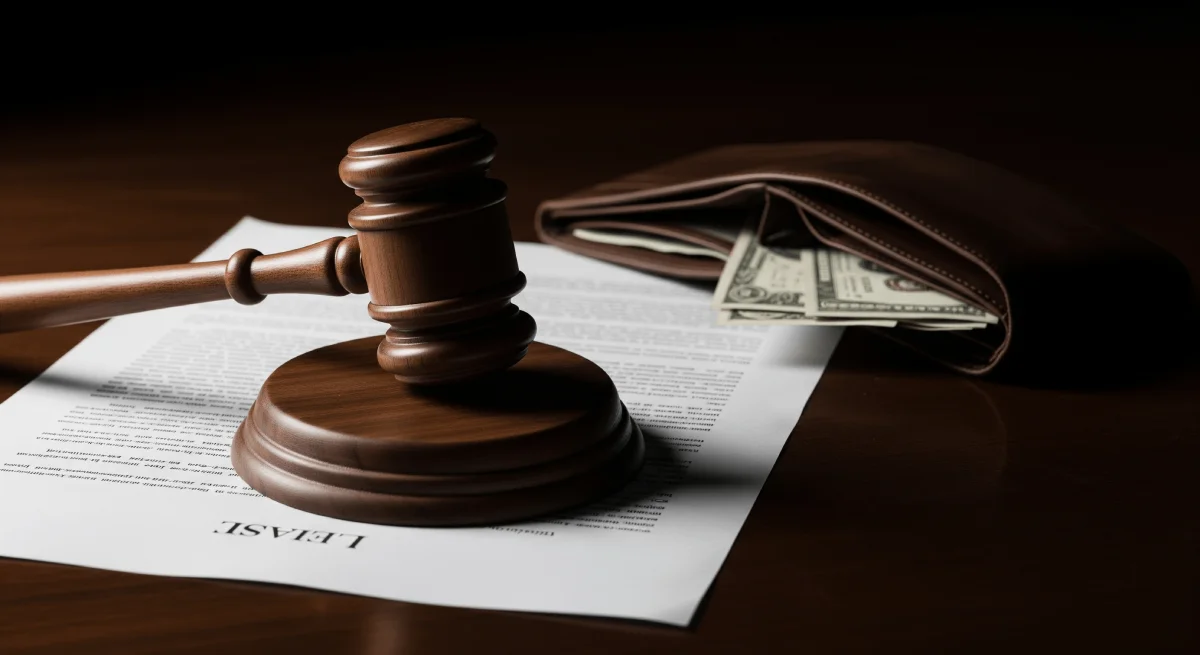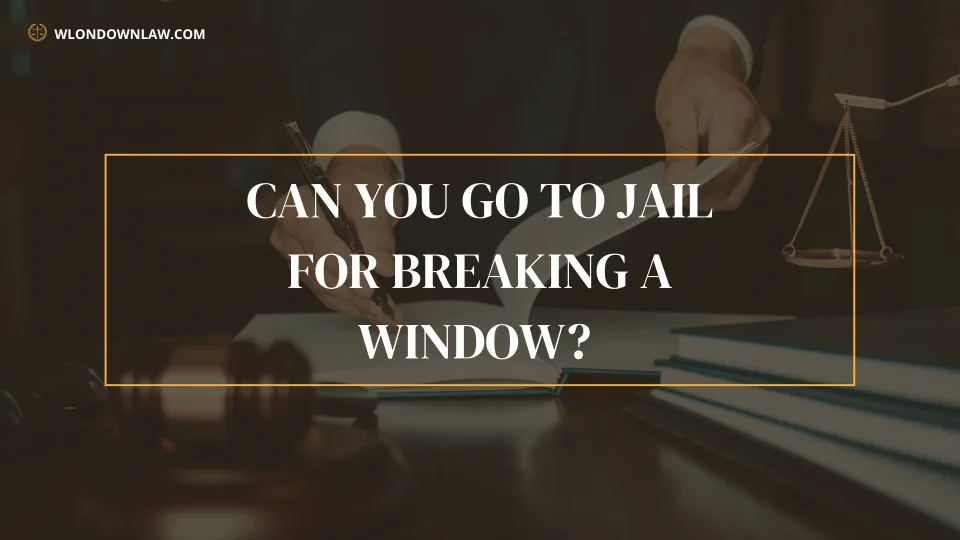Finding yourself facing new criminal charges is stressful enough. When you’re already on probation, that stress can feel overwhelming, clouded by one urgent question: “Will my probation officer find out?” As a practicing attorney with over 40 years of experience, I can tell you that the answer is almost certainly yes.
The discovery of a new charge by a probation officer (PO) is not a matter of chance; it is a systematic process. In most cases, probation officers find out about new charges through automated alerts from state and national criminal databases, direct notifications from arresting law enforcement agencies, and routine court system checks.
Understanding this process is the first step toward navigating the difficult road ahead. This article will break down exactly how your PO is notified, what happens immediately after they find out, and the critical steps you must take to protect your rights and your future.
The Modern Probation Monitoring System: How POs Are Notified
In today’s interconnected world, probation departments rely on a network of information-sharing systems to monitor individuals under their supervision. It’s a mistake to assume your PO won’t find out about an arrest, even if it’s for a minor offense or occurs in another city or state. Here are the primary methods of discovery.
Automated Database & Criminal Record Alerts
This is the most common and immediate method. When you are arrested and fingerprinted for a new offense, your information is entered into local, state, and national law enforcement databases.
- The NCIC Database: The FBI’s National Crime Information Center (NCIC) is a central database accessible to law enforcement agencies nationwide. Your probation status is often noted in your file. An arrest and fingerprinting will trigger an electronic notification that is automatically sent to the agency supervising your probation.
- State-Level Systems: States maintain their own criminal justice information systems that link courts, police departments, and probation services. An arrest or new court filing in Texas, for example, will generate an alert within the Texas Department of Criminal Justice system, notifying the assigned PO.
Direct Communication from Law Enforcement
When police arrest someone, it is standard procedure to check their criminal history. If they see you are on active probation, the arresting officer or their department will typically contact your probation officer directly to inform them of the new charges. As outlined by the U.S. Courts, this notification is a key part of the supervision process to ensure community safety.
Court System Notifications
The court system itself is another source of information. When the prosecutor’s office files new charges against you, the court clerk processing the case will see your active probation status. This information is then relayed to your PO, often as a formal part of the court’s administrative procedure.
Self-Reporting: A Condition of Your Probation
A frequently overlooked but critical element is your legal obligation. The terms of your probation, which you agreed to in court, almost always include a condition that you must report any new contact with law enforcement or arrest to your PO within a specified timeframe, usually 24 to 72 hours. Failing to do so is, in itself, a violation of your probation.
In my experience, one of the first questions a judge asks in a violation hearing is whether the individual reported the arrest as required. Failure to self-report can be viewed as an attempt to hide the new offense, which negatively impacts your credibility and can lead to harsher penalties.
Routine Supervision and Investigation
Even without an arrest, POs have other ways to discover potential violations:
- Routine Checks: POs may periodically run background checks.
- Public Tips: A call from a concerned citizen, a neighbor, or even an anonymous source can trigger an investigation.
- Home Visits: During a scheduled or unscheduled home visit, a PO might observe evidence of criminal activity.
- Social Media: While probation officers cannot typically access your private messages without a warrant, they can view your public posts on platforms like Facebook.
I Was Just Arrested on Probation: What Happens Next?
Once your probation officer learns of the new charge, a formal legal process begins. This process is separate from the new criminal case against you.
The Probation Officer’s Report and Discretion
First, the PO will investigate the allegation. They will likely pull the police report and confirm the details of the new charge. It is important to know that a PO often has discretion. For a very minor issue (like a low-level traffic ticket), they might issue a verbal warning. However, for any new criminal charge, they are almost always obligated to act. If they proceed, they will file a formal “Motion to Revoke Probation” or a similar report with the court that sentenced you.
The Arrest Warrant for Probation Violation
Upon receiving the PO’s report, a judge will typically issue a warrant for your arrest for the probation violation. This is a separate warrant from any related to your new criminal charge.
- No Bond is Typical: In many jurisdictions, there is no automatic right to bond on a probation violation warrant. This means you could be held in jail until your hearing.
- The PO Cannot Lift the Warrant: Once a judge issues the warrant, the probation officer cannot cancel or lift it. Only a judge can recall the warrant.
The Probation Revocation Hearing
You are entitled to a hearing before a judge to determine if your probation should be revoked. This is not a criminal trial.
- Lower Burden of Proof: The prosecutor does not need to prove you are guilty of the new crime “beyond a reasonable doubt.” They only need to show by a “preponderance of the evidence” (meaning it’s more likely than not) that you violated your probation terms by committing a new offense.
- Two-Part Hearing: The hearing often has two stages:
- Adjudicatory Phase: The judge hears evidence and decides if you violated probation.
- Dispositional Phase: If the judge finds you in violation, they then decide the penalty.
Potential Penalties: From Warning to Incarceration
If you are found to have violated your probation, the judge has several options. The outcome often depends on your performance on probation up to that point, the severity of the new offense, and the arguments made by your attorney.
- Reinstatement: The judge could dismiss the violation and simply reinstate your probation with a stern warning.
- Modification: The judge can modify the terms, making them stricter. This might include more frequent drug tests, a curfew, or mandatory counseling.
- Extension: Your probation period could be extended.
- Revocation and Incarceration: The judge can revoke your probation and sentence you to jail or prison for the original offense. You could face the maximum sentence that was initially suspended when you were placed on probation.
Your First Steps: How to Protect Yourself After a New Arrest
What you do in the hours and days after being arrested while on probation can have a profound impact on the outcome of both your violation and your new case.
Step 1: Remain Silent and Do Not Resist Arrest
Exercise your right to remain silent. Do not try to explain the situation to the police. Anything you say can and will be used against you in the new case and the probation violation hearing. Be cooperative and compliant during the arrest itself.
Step 2: Contact an Experienced Criminal Defense Attorney Immediately
This is the single most important action you can take. An attorney can manage this complex situation on two fronts: defending you against the new charge while simultaneously negotiating the probation violation. They can appear in court on your behalf and may be able to arrange for a bond to be set on the violation warrant.
Step 3: Consult Your Attorney Before Contacting Your PO
While you are required to report the arrest, you should never do so without first speaking to your lawyer. Your attorney can advise you on exactly what to say or, in many cases, can make the notification on your behalf. This prevents you from making statements that could inadvertently harm your case.
Frequently Asked Questions About Probation Violations
Will my probation officer find out about a traffic ticket?
For minor infractions like speeding, it’s less likely to trigger an automated alert. However, for more serious traffic offenses like DWI, Reckless Driving, or Driving with a Suspended License, they absolutely will find out. Regardless, your probation conditions likely require you to report it.
What happens if the new charge is in another state?
Thanks to the Interstate Compact for Adult Offender Supervision and national databases like the NCIC, your probation officer will be notified of an out-of-state arrest. The process is the same, and a warrant will be issued in your home state.
Can my probation officer search my car or read my text messages?
As a condition of probation, you often have a reduced expectation of privacy. POs can typically search your person, vehicle, and home without a warrant. However, accessing your phone’s contents, like text messages, usually requires a specific condition in your probation order or a separate warrant.
Can you be on probation for two different charges at the same time?
Yes. It is possible to be on probation for multiple cases, sometimes supervised by the same officer. A new conviction while on probation for another charge could result in you serving two separate probationary sentences concurrently.
What’s the difference between being charged and being convicted for a probation violation?
You can be found in violation of your probation simply for being arrested for a new crime, long before you are ever convicted of it. The burden of proof is much lower at a violation hearing.
How long does a probation officer have to violate you after an offense?
Generally, a PO must file a motion to revoke your probation before your probation term expires. They cannot wait until your probation is over and then violate you for something that happened months earlier.
Secure Your Future with Expert Legal Guidance
The discovery of a new charge by your probation officer is a near certainty in our modern justice system. The consequences can be severe, potentially leading to the revocation of your probation and significant jail time. Facing this two-front battle—a new criminal charge and a probation violation—without expert legal representation is a serious risk.
If you or a loved one is facing a new charge while on probation in the Westchester, NY area, do not wait for the situation to get worse. You have rights, but you must act quickly to protect them. Contact the law offices of William D. London today for a confidential consultation to understand your options and build a strong defense.


